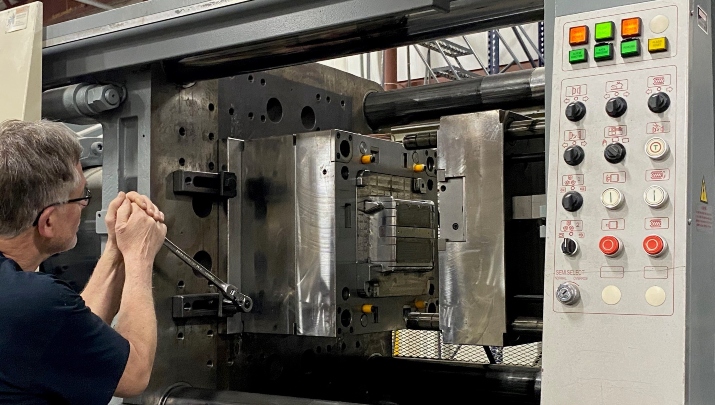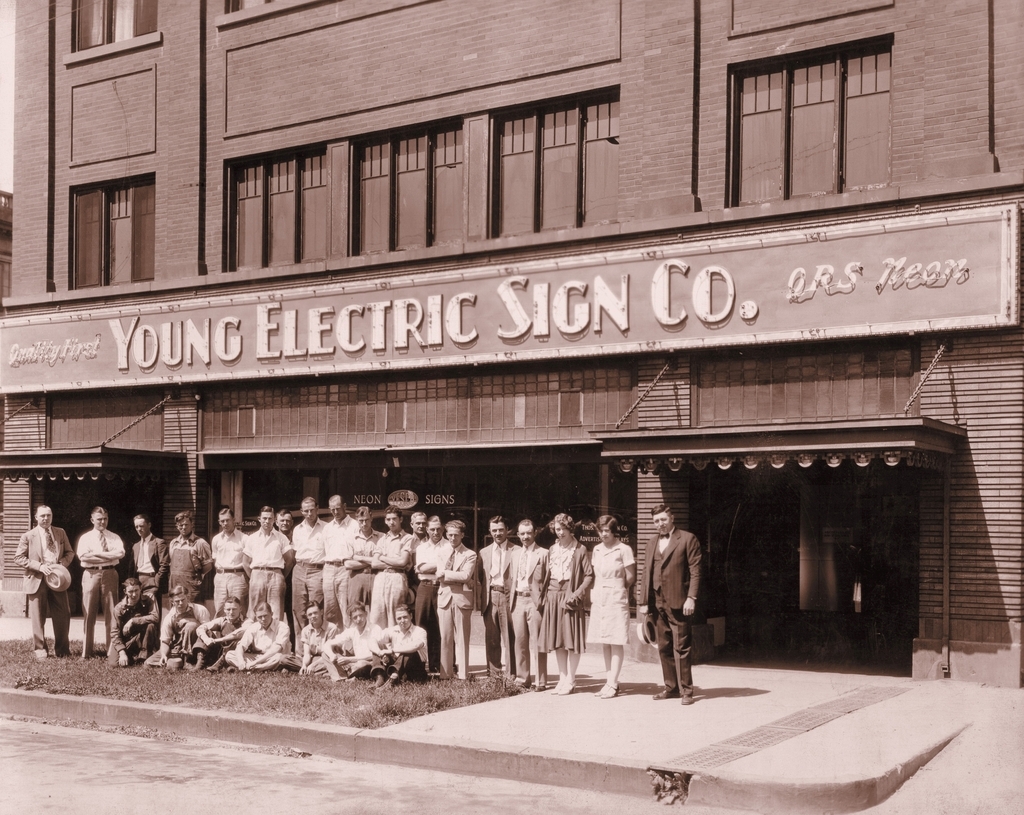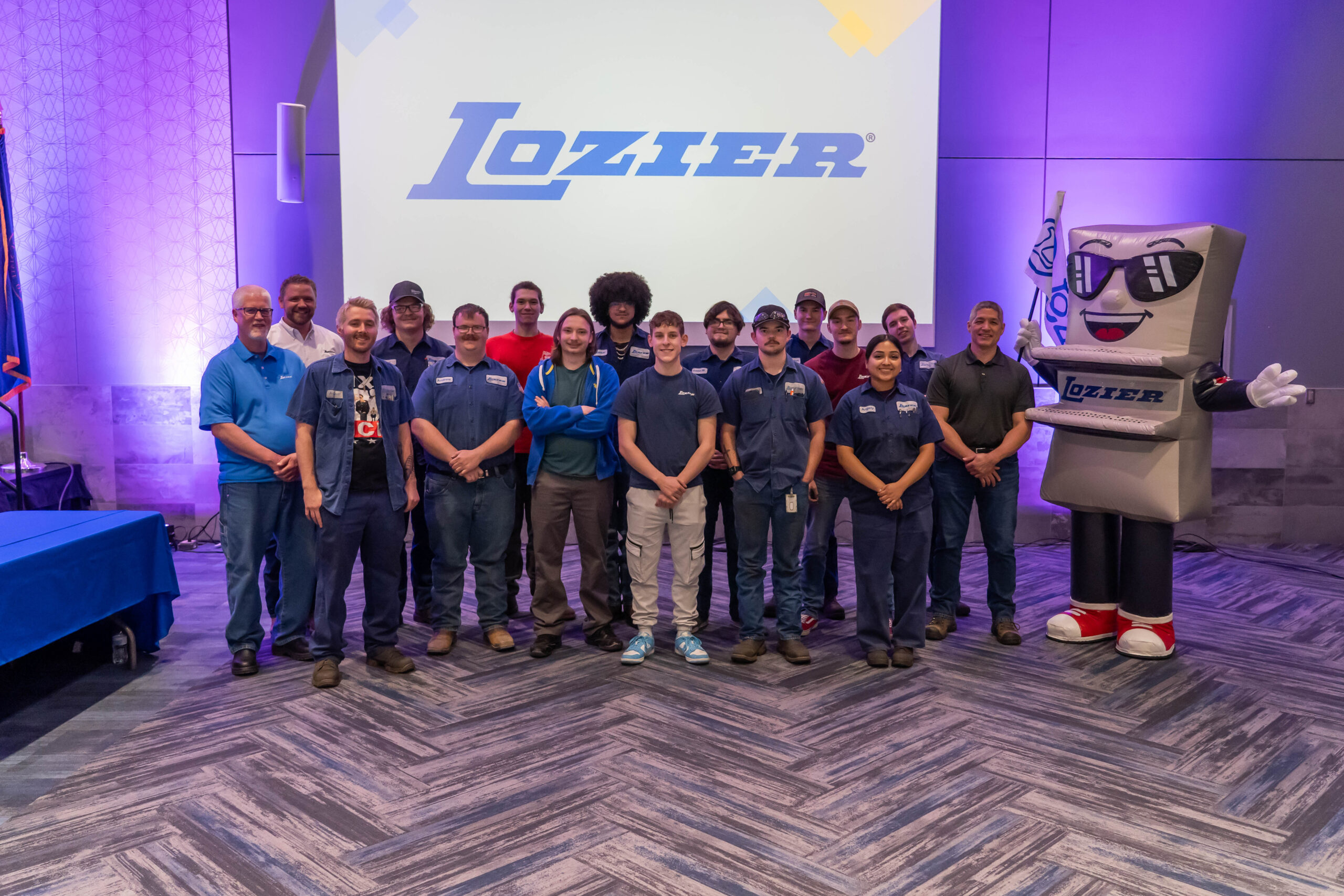
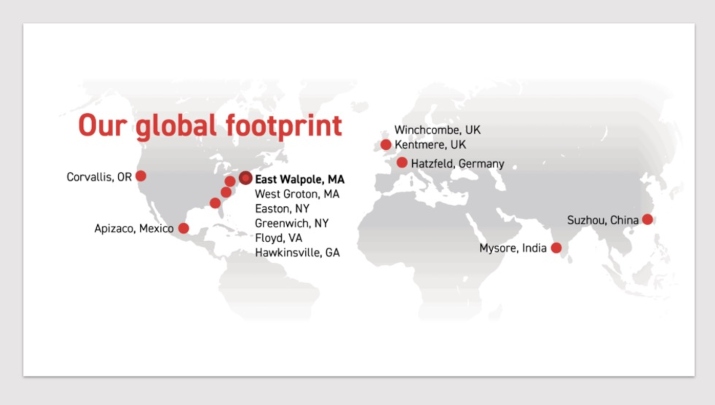
The Key to Building a Global Business
- Josh Ayer
- Hollingsworth & Vose
Before becoming the seventh generation President & CEO of Hollingsworth & Vose, an almost 300-year-old global leader in filtration and energy storage solutions, I spent seven years living and working in China. The experience changed the way I think about business and the world and taught me one fundamental lesson that drives my work today. It’s not your revenue, your number of employees, or even the addresses of your offices that make you a global company. If you want to truly be global, you have to be global in your thinking, in your mindset, and in your infrastructure.
My journey to this realization started in 2007 when I was working for General Electric and signed on for two years abroad. The initial plan was to go to Belgium, but about six weeks before we were slated to depart, my wife and I found out that plans had changed and we were off to Shanghai, China instead. We had both been eager to spend time abroad, so we adjusted to the new plan and set off with our children, who were four and five at the time.
The original assignment was for two years. We wanted to make the most of the experience, so we made a few choices right off the bat that were not typical for expats. We enrolled our kids in a local international school, rather than the American school, and despite the fact that most of our Irish, English, and Australian friends lived in heavily expat neighborhoods, we chose to move to a very local neighborhood instead. We did do most of the other, usual expat things: language lessons, classes on how to assimilate, and classes on the culture of China. In the early months, I would have told you I really understood China and was becoming an expert. But as we neared the end of our two years, I found that the more I learned, the less I understood. I was not ready to leave.
Around that time, I had the good fortune to meet Val Hollingsworth, President and CEO of Hollingsworth & Vose, which today serves the global market with 13 R&D facilities strategically located in the Americas, Europe and Asia. At the time, Val was looking for a new managing director for H&V’s expanding operations in Asia. Drawn by H&V’s reputation for innovation and its commitment to creating a cleaner, healthier, more sustainable world, I left GE in 2009 and joined H&V. Over the five years I spent in the role of Vice President and Managing Director for H&V’s Asia operations, my learning and understanding of what it means to be a truly global company shifted dramatically.
My years at GE were a great start to my career in China; GE was extremely well-established in China, and I learned a lot from being part of their large team. When I got to H&V, which had a smaller presence in China at the time, I started to really learn the complexity that is China.
For one thing, GE was firmly a western company operating in a foreign country. I learned a lot about managing a business, but I was managing a western business with a western mindset. The members that were not from the west were expected to adopt the culture and practices in place. At H&V, we were, as we always have been, heavily innovative and interested in creating something new. Initially, our strategy was to serve our western customers in a western market, but we were struggling. As we looked for ways to innovate and improve, we started listening to the local markets as well. We saw great opportunity there and started moving to become more global – or to become global in a different way. Doing so would make us a valuable partner and a true worldwide leader.
In terms of the specific skills and lessons that I learned as I moved through this experience, the biggest ones are related to communication. Of course, learning the language of a country affords an important window into understanding a culture. But it’s not all about language. Probably because I didn’t have a perfect understanding of the language, I found that I started to develop other ways to try to understand what people were saying to me. I paid close attention to tone, to body language, and to other non-verbal cues.
In China in particular, people will always be unfailingly polite and will tell you things in a way that sounds pleasant and positive. But there is usually a subtext. In the west, for example, once you have a contract, you have a deal. But in China, it’s all about relationships. A contract is just the start. I learned to pay attention to people’s behavior and take the time to develop that relationship, to ensure a good outcome for our endeavors.
Within the company, I started to see that we had been hiring the wrong people, too. It is typical for a foreign office of a U.S. company to look for the people who speak the best English and to assume that they will fit in the best and therefore be the most valuable. But I learned that intellectual curiosity and a willingness to dig in are by far the most important characteristics in a new employee. And if they come from a different cultural and linguistic background, that is actually a bonus, not a hindrance. I understood that if we wanted to succeed in Asia, we needed people who could understand the local markets and think in an eastern way.
Now that I am back in the States, I see that that the value of a diverse team with a diverse mindset is important no matter where you are if you intend to be successful on a global scale. Yes, it takes a willingness to make an effort and a willingness to get past the discomfort of not understanding everyone’s perspective right off the bat. You have to pay attention to things such as not over-using colloquialisms in meetings and being sensitive to the fact that a meeting you schedule for late morning will fall late at night for teammates in Asia. But the rewards of working with a diverse team outweigh the challenges many times over.
This goes for gender equity on your team too, by the way. They are great at this in China; having had a diverse and gender-mixed team, I never want to go back. If you are not actively recruiting female candidates, you are missing out on 50% of the great people out there.
Since I’ve returned home, I have also realized how diverse this country is. I hadn’t seen it before, but we can be very regional and factional, which also adds strength and diversity to a team.
At H&V, we have been moving toward a more open and diverse mindset and building a workplace where all are welcomed and heard for some time. It’s a process. I am excited to bring my international perspective to the table to strengthen the work that was already underway and to help us become even better. Study after study has shown that diversity strengthens a team, but now that I have lived it, I don’t need to read the studies. It’s happening right in front of me.
More Articles and Videos
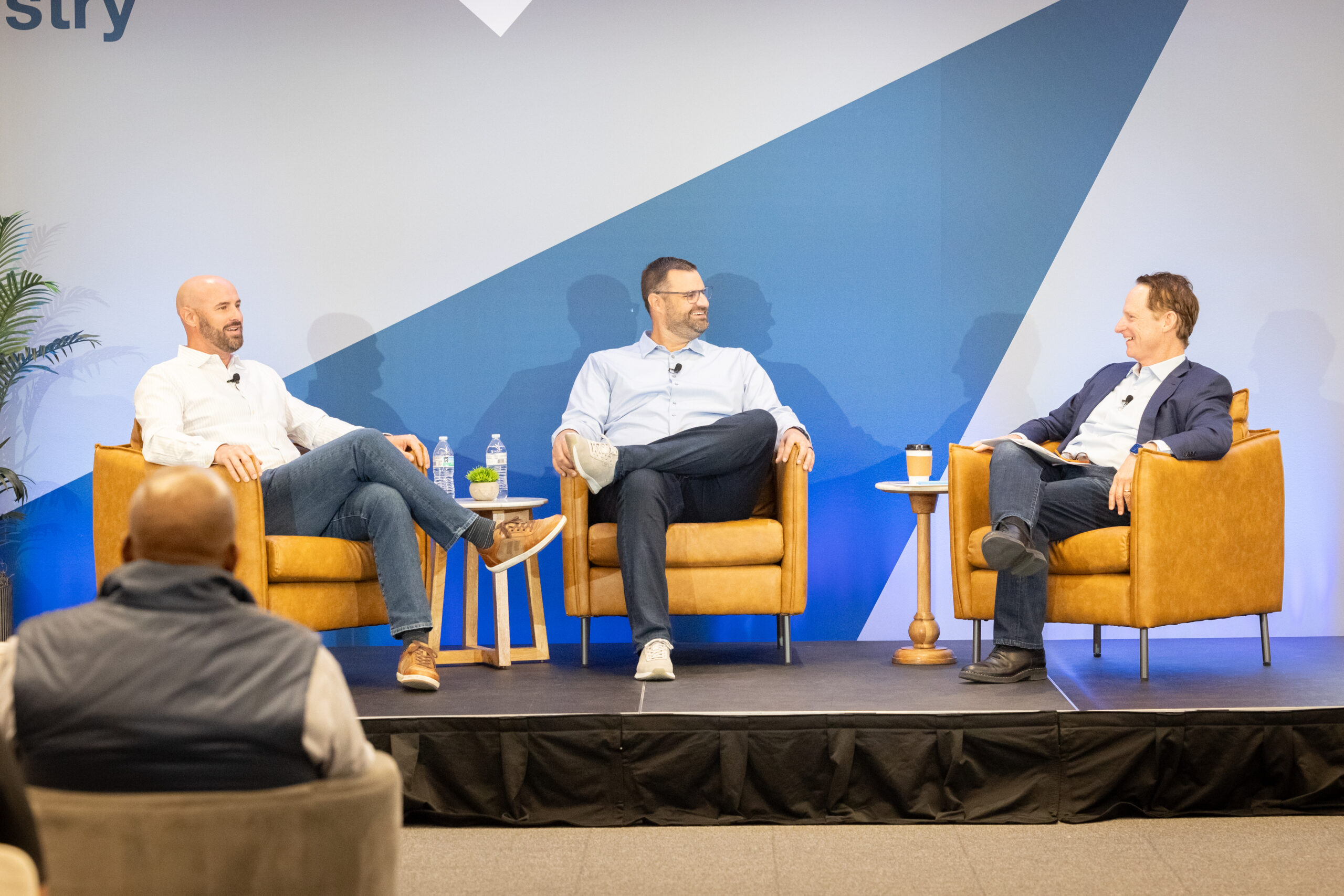
Fireside Chat with Dave Thrasher, Dan Thrasher, and Dave Whorton
- Dave Thrasher, Dan Thrasher, & Dave Whorton
- Supportworks and Thrasher Group

Get Evergreen insight and wisdom delivered to your inbox every week
By signing up, you understand and agree that we will store, process and manage your personal information according to our Privacy Policy
